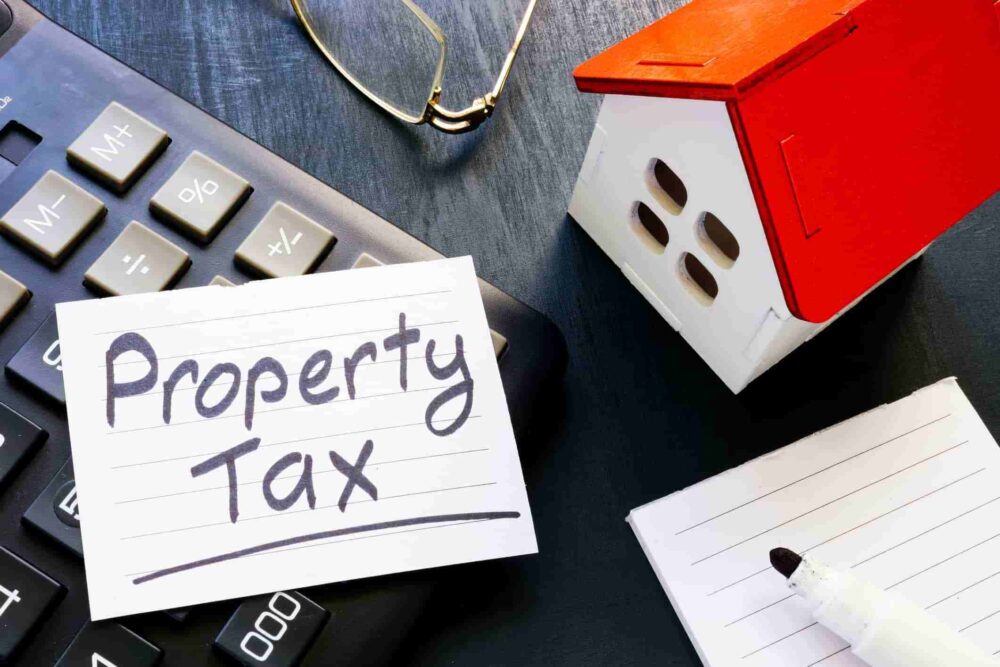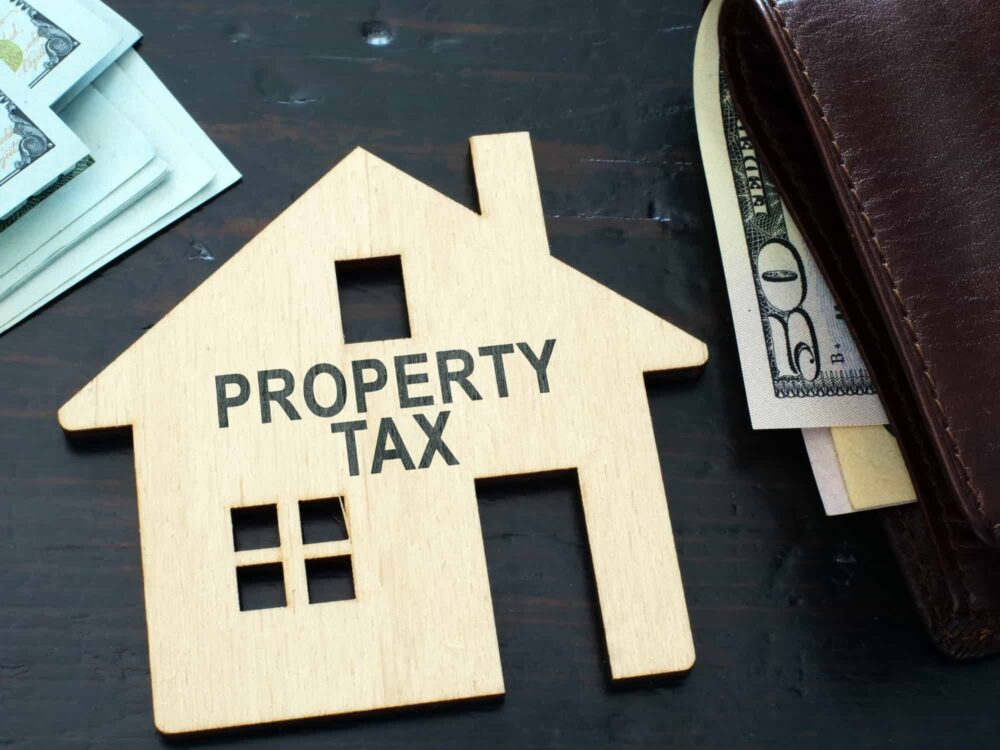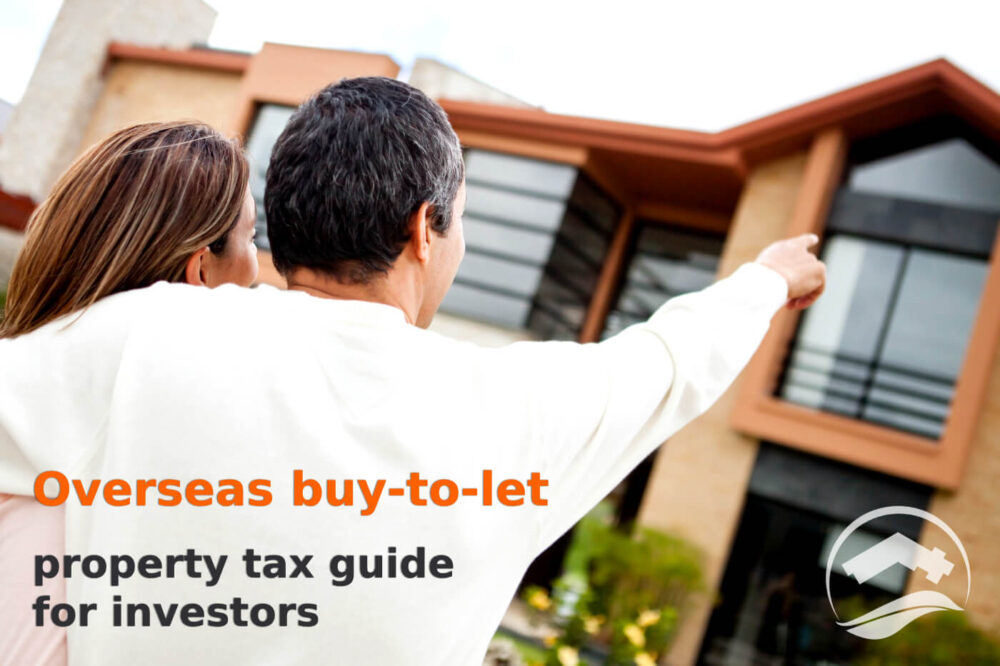Renting out your holiday home or buy-to-let on a home-sharing website such as Airbnb or Vrbo can yield attractive returns. However, tax on Airbnb property abroad can be perplexing.
Many overseas landlords don’t realize how much tax they owe as a host. Are you getting all of your tax breaks?
We’ve answered some of the most common tax questions from short-term rental hosts with properties abroad like you. Here is what you need to know about tax on Airbnb property abroad.
Property Tax Tips
Spanish Rental Income Tax (Modelo 210) Update 2024: Quarterly vs. Annual Filing
The primary change to Spanish rental income tax now permits non-resident property owners to file their tax returns (Modelo 210) annually instead of being subject to the former quarterly filing requirement. This new annual deadline for rental income earned from 2024 onward falls on January 20 of the following year, though all income earned prior to 2024 must still be filed quarterly.
Continue reading →Spain’s Deemed Annual Tax (Modelo 210): A 2025 Guide for Non-Resident Landlords
If you own a home in Spain that isn’t your main residence, you may owe an additional charge known as the Deemed Annual Tax (Modelo 210). This tax applies even if you don’t rent your property, and missing it can lead to penalties or fines.
Continue reading →File property tax overseas while you drink your coffee
Are you a landlord in a foreign country?
If so, you have probably spent hours trying to understand the tax laws in that state, so that you could file your property tax return.
Owning a property abroad can be hugely rewarding when you have the right help at your side.
If you are earning rental income from your overseas property, you have a tax obligation in the country where your property is located and in your own country.
What is the history behind PTI Returns? Q&A from our tax team.
When was “Property Tax International” created?
The idea was born in 2006.
We noticed that more and more people were purchasing property abroad and there was a gap in the market for a company that could organise and manage the tax requirements of international property owners.
We wanted to help people who have a property and rental income in France, Germany, Spain, Ireland, the UK, Poland, Hungary and the USA to meet their tax obligations.
How to be property tax-savvy
Owning a property is one of the largest investments you’ll ever make and it’s a huge financial responsibility.
As with any investment, you need to know how to get the most out of it. Knowing the tax credits and tax deductions available to property can help you ensure your investment pays you back.
In this guide, we will outline some useful tax tips for property owners who want to save money and reduce their taxes.
How your mortgage can affect your buy-to-let property tax bill?
If you’re considering buying a rental property in Ireland, it’s important to understand how the mortgage you choose will affect your buy-to-let property tax bill.
A buy-to-let mortgage is a type of mortgage taken by a person who purchases a property, not as a place to live, but rather as an investment.
Buy-to-let mortgages are different from ordinary residential mortgages because the amount you borrow does not depend on how much you earn.
The arrangement fees on buy-to-let mortgages may be more expensive and the interest rates tend to be higher as well.
In this guide, you will learn the basics of how buy-to-let mortgages work and how you can save money on property tax in Ireland.
9 Top Tips on reducing property income tax for overseas landlords
As a non-resident landlord, it is likely you will be required to file an annual income tax return. Maybe you’re asking yourself questions like – how can I reduce my property taxes?
And while it is not always easy to understand foreign tax laws, by having a strong grasp of your tax requirements and entitlements, you can save yourself a lot of money come tax time. But is there any way to lower your property taxes?
Are you a non-resident landlord? File your tax return online and reduce expenses
Are you a non-resident landlord with property overseas?
The last thing you want to do this year is pay a big tax bill after having an inconsistent year for renting out your property. So, in this article, we will highlight how you can file your income tax return online, who can help you, and how to minimise your property tax bill.
Just invested in your first foreign buy-to-let property? Here’s everything you need to know about tax.
When purchasing your first foreign buy-to-let property, there are a variety of factors to consider like return on investment, cost and location – but one factor you may not have considered is tax.
International property tax may not be the most exciting topic. But, by getting a strong grasp of the local tax rules, you can save yourself a lot of money and stress at the tax deadline.
Tax rules can differ from country to country and in this guide, we will give you some practical tips on how to save on your buy-to-let tax bill and remain compliant when filing your tax return overseas, as well as where you can go for tax advice.









